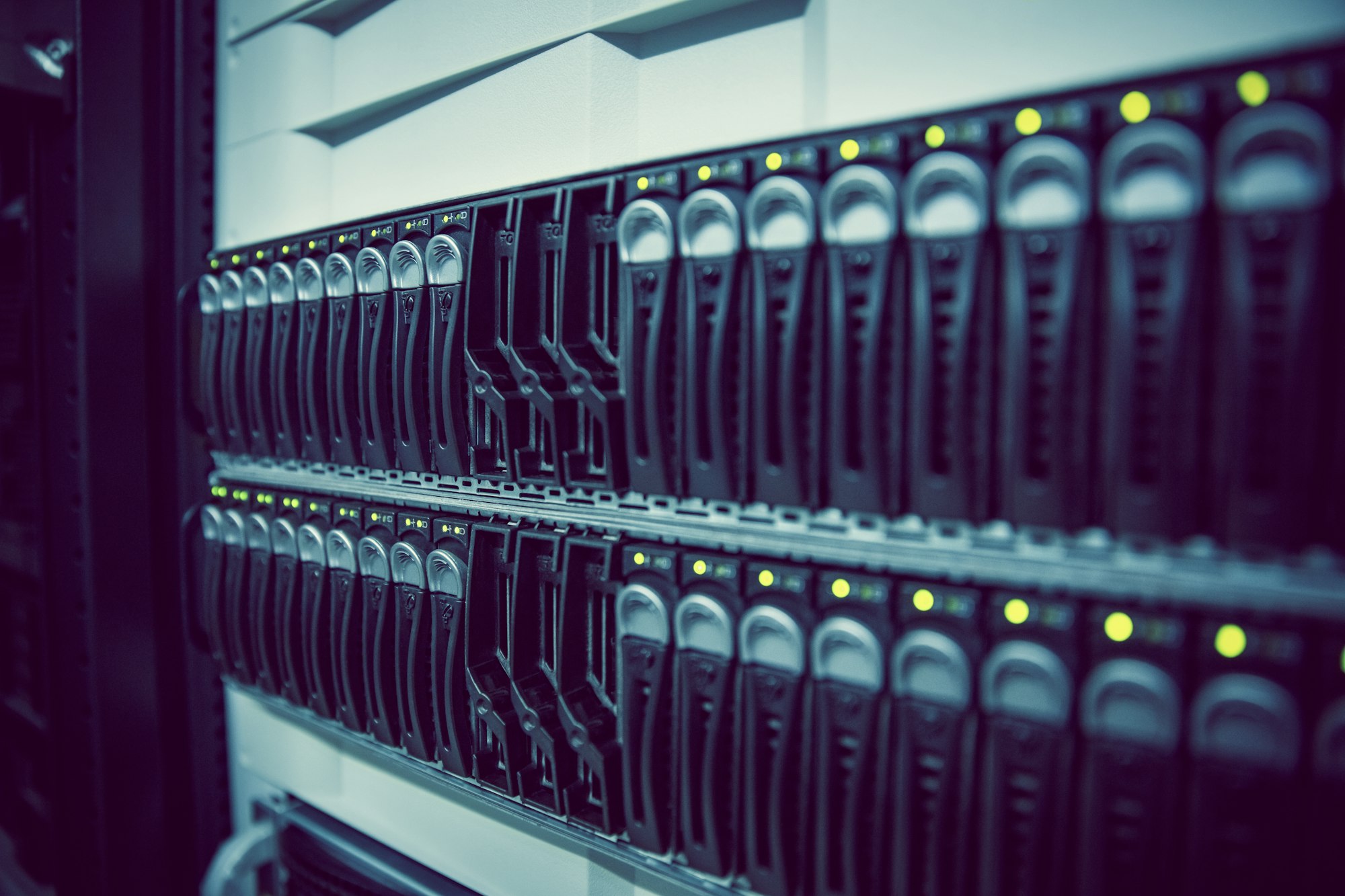A Close Look at AI’s Growing Demands
Insights from Sir Demis Hassabis of Google DeepMind
Sir Demis Hassabis, who heads up Google DeepMind, recently shed light on a big issue for companies just starting in the artificial intelligence (AI) field. He talks about how these smaller companies are struggling because they need more and more computing power to work on AI. Hassabis believes this is a big problem because it might stop these small firms from contributing to new AI breakthroughs.

The Story of Inflection
A good example to understand this challenge is Inflection, started by Mustafa Suleyman, who is friends with Hassabis. Inflection had big plans for its AI chatbot named Pi but couldn’t really find a good market for it. Eventually, Microsoft bought Inflection, showing a trend where big companies are absorbing smaller AI firms. This happens because making and keeping up with AI tech needs a lot of resources.
How Computing Power Affects AI Progress
The Race for Bigger AI Models
Hassabis mentions that AI research is all about creating huge models these days. But to make and run these big models, you need a lot of computing power. This is tough for smaller companies because they might not have enough resources. Being able to grow these models and handle the need for computing power is key for anyone wanting to make a mark in AI.
What This Means for AI Start-ups in the Future
What happened to Inflection might become a common story. AI start-ups might have to face the hard truth that they don’t have enough computing power to compete. This could mean that only a few big companies will control the AI world, which might limit new ideas and the variety of projects in the AI field.
Take a deeper dive into the challenges AI start-ups face with computing power, as pointed out by Sir Demis Hassabis from Google DeepMind. Understand how these issues could influence the future of AI and what it means for bringing new ideas to life.

Frequently Asked Questions (FAQs)
- What challenges do AI start-ups face according to Sir Demis Hassabis?
- Sir Demis Hassabis highlights that the primary challenge for AI start-ups is the increasing demand for computing power. This issue makes it difficult for smaller companies to keep up with the technological advancements and requirements necessary for AI development.
- Why did Inflection struggle in the AI market?
- Inflection, despite its ambitious goals for its AI chatbot Pi, struggled to find a suitable market. The company’s challenges in scaling and meeting the computing power demands for AI innovation led to its acquisition by Microsoft, showcasing the difficulties smaller AI firms face.
- How does the need for computing power affect AI research?
- The need for substantial computing power impacts AI research by necessitating large-scale models that require extensive resources to develop and maintain. This requirement poses a significant barrier for smaller firms and can limit their ability to contribute to AI advancements.
Sources The Times



Pingback: AI & Nuclear: Simplify the Connection - Linkdood Technologies